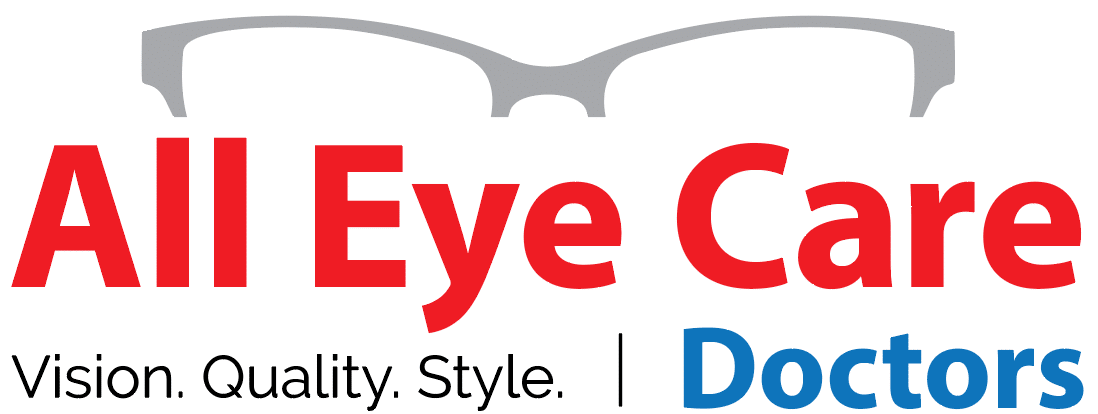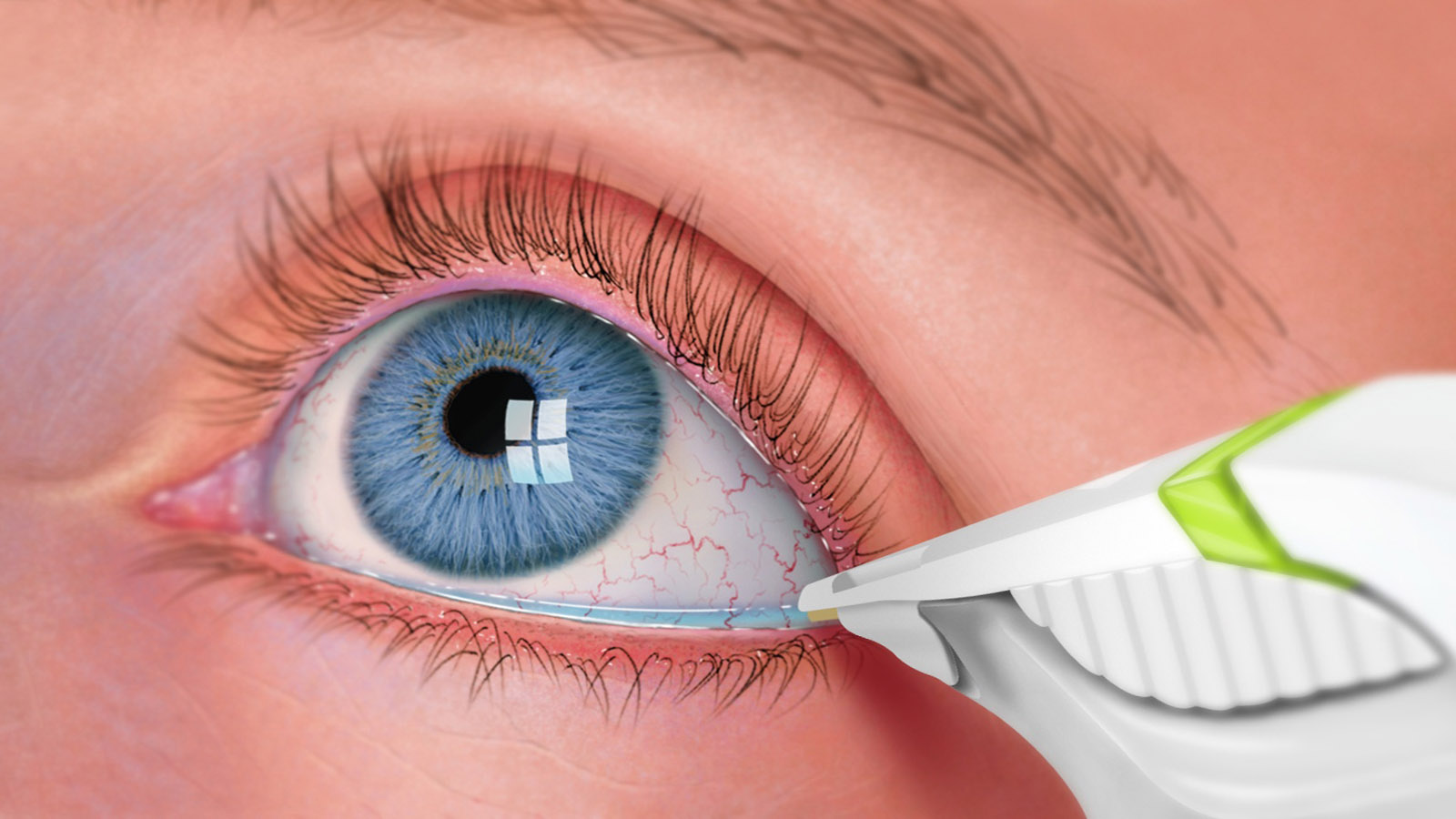Is Refractive Surgery Right for You? Elements to Consider for Better Eyecare
In the realm of eye care, the choice to go through refractive surgery is a weighty one that demands thoughtful consideration. From the intricacies of one's ocular health to the intricacies of individual expectations and everyday practices, each aspect holds significance in the broader landscape of refractive surgery candidateship.
Eye Wellness Examination
When considering refractive surgery, a comprehensive eye wellness examination is important to evaluate the viability of the procedure for every individual. eye doctors in andalusia. This analysis involves a collection of tests and exams conducted by an eye treatment specialist to identify the overall wellness of the eyes, the existence of any kind of underlying conditions, and the security of the refractive mistake
During the examination, various aspects are thought about, such as the patient's clinical background, current eye prescription, corneal thickness, student size, and tear film high quality. These analyses help to determine any type of contraindications to refractive surgical procedure, such as corneal problems, cataracts, or neglected eye infections. In addition, the evaluation assists to take care of client assumptions regarding the possible outcomes of the surgical treatment based upon their unique eye attributes.
Eventually, the eye health and wellness analysis is essential in guaranteeing the security and efficiency of refractive surgical procedure, as it gives important understandings into the person's eye wellness standing and assists establish the most appropriate treatment options for achieving ideal aesthetic results. (andalusia pediatrics)
Way Of Living Analysis
A detailed way of living analysis is important in establishing the viability of refractive surgical treatment for an individual's aesthetic improvement requirements. Lifestyle variables such as occupation, leisure activities, and everyday activities play a critical duty in the decision-making procedure relating to refractive surgical treatment. Individuals with careers that include a high degree of physical task or exposure to ecological elements may have various visual needs contrasted to those with sedentary workdesk jobs. Comprehending just how an individual's way of life may impact their vision post-surgery is necessary for managing assumptions and guaranteeing optimum results.
Moreover, lifestyle habits such as sports involvement, exterior activities, and even skin care regimens can influence the healing process and total success of refractive surgical procedure. Individuals who involve in contact sports may require to take additional preventative measures to shield their eyes throughout the recovery duration. Furthermore, people with considerable sun exposure may require added post-operative care to avoid issues. By performing a comprehensive lifestyle assessment, eye care professionals can customize their referrals and therapy strategies to satisfy the unique needs of each client, ultimately resulting in enhanced visual outcomes and complete satisfaction.
Assumption Positioning

Individuals need to you can try here understand that while many individuals attain 20/20 vision or better following refractive surgical procedure, some may still need glasses for certain activities like analysis or driving at evening. Managing these expectations assists protect against disappointment and frustration post-surgery, leading to an extra positive general experience for the person.
Risk Analysis

Factors that may boost the threat of problems consist of age, certain medical problems like autoimmune conditions, unsteady vision prescription, slim corneas, and unrealistic individual assumptions. Additionally, selecting a experienced and proficient doctor, following pre and post-operative care directions carefully, and divulging any relevant case history can help reduce dangers.
To lessen the chance of complications, ophthalmologists carry out complete pre-operative analyses to determine any contraindications to surgical treatment. They additionally review the potential risks and benefits with patients throughout the consultation process. By engaging in open communication and shared decision-making, both the client and the ophthalmologist can interact to figure out if refractive surgical procedure is the appropriate selection based upon private danger profiles and desired outcomes.
Consultation Importance
Considering the crucial role of informed decision-making in analyzing threats and possible issues in refractive surgical treatment, the assessment process holds considerable significance in guiding people Look At This in the direction of ideal outcomes. Throughout the examination, the ophthalmologist assesses the client's eye health, refractive mistakes, and general suitability for surgical procedure. This preliminary assessment is crucial in figuring out the most suitable treatment for each person, taking into account factors such as corneal density, pupil dimension, and existing eye conditions.
Furthermore, the appointment acts as an opportunity for individuals to discuss their assumptions, concerns, and any kind of questions they might have relating to the surgery. Clear interaction between the specialist and the patient is important to guarantee realistic assumptions and a comprehensive understanding of the possible risks and benefits entailed.
Additionally, the examination permits the cosmetic surgeon to describe the different medical options offered, their corresponding end results, and the post-operative care needed. This thorough conversation empowers clients to make educated choices about their eye care, causing far better satisfaction and results post-surgery.
Verdict
To conclude, individuals thinking about refractive surgical procedure should undergo a comprehensive eye health and wellness examination, analyze their lifestyle routines, straighten their assumptions with possible end results, analyze the associated risks, and prioritize assessments with eye treatment specialists. These variables play an essential role in identifying the suitability of refractive surgery for each individual, ensuring optimal results and complete satisfaction with the procedure.
Clients considering refractive surgery often have high expectations pertaining to the end results, expecting best vision without the need for glasses or get in touch with lenses. While refractive surgical procedure can significantly improve vision and lower dependence on aesthetic aids, it is essential for people to understand that outcomes might vary based on individual variables such as the level of refractive mistake, corneal thickness, and overall eye wellness.
By engaging in open interaction and shared decision-making, both the person and the eye doctor can work together to determine if refractive surgical procedure is the ideal choice based on specific danger accounts and preferred outcomes.
Taking into consideration the important role of educated decision-making in evaluating risks and prospective complications in refractive surgical procedure, the assessment procedure look at this now holds significant significance in guiding patients in the direction of optimal results. Throughout the examination, the eye doctor assesses the person's eye wellness, refractive errors, and total suitability for surgical treatment.
Comments on “Andalusia Eye Center: Introducing Vision Look After Area Health”